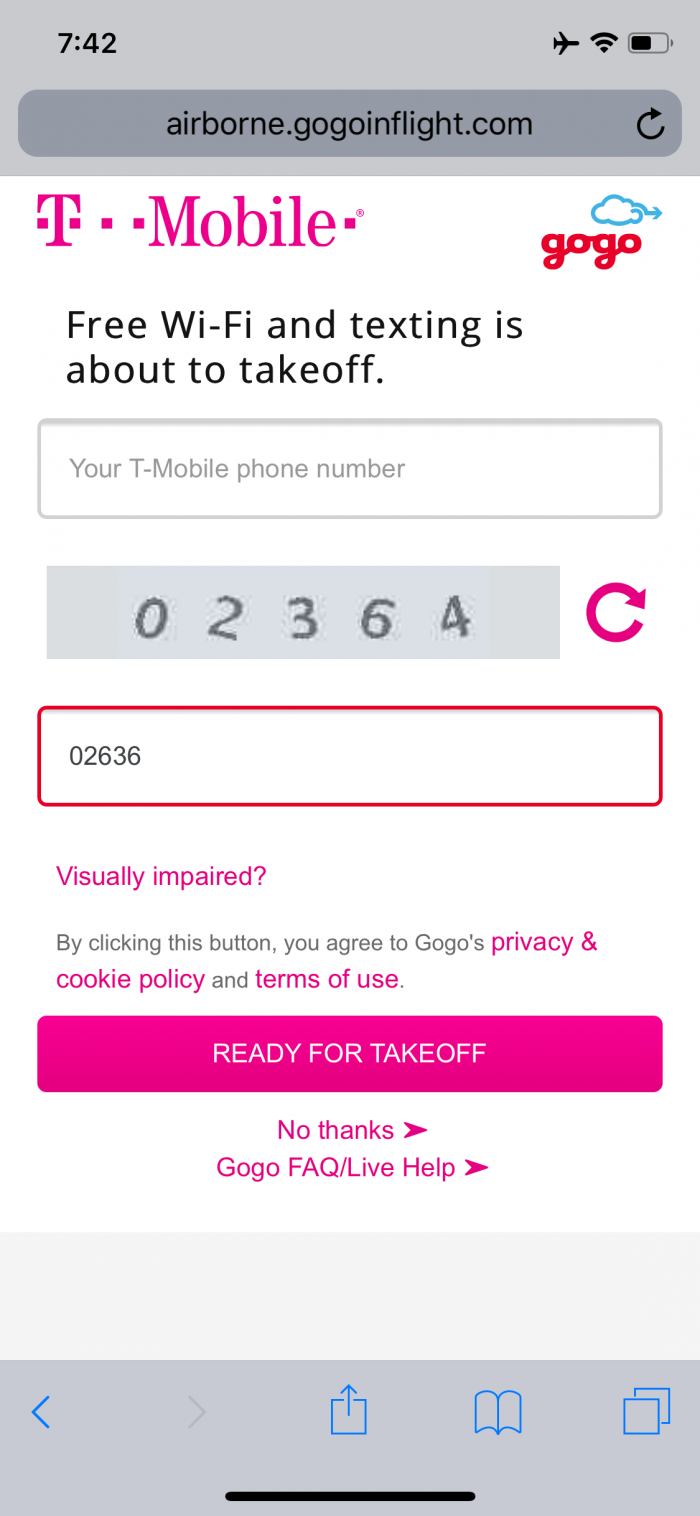Remember there was a time Microsoft called Linux and the GPL license cancer? Mainstream technology media would write large editorials on how GPL could “infect” your software and how you should manage (read avoid) that. It was all so ridiculous. Microsoft obviously fight back. Any company whose business model is attacked does that. It’s more interesting to me the direction Microsoft’s leadership at the time chose.
OIN describes itself as “a defensive patent pool and community of patent non-aggression which enables freedom of action in Linux”.
I’m a big believer in open source. I use and support where I can. It’s good to see that we’ve come a long way. More than open source, I believe in the shared model which is enabled by open source. We built and use together. It’s efficient and effective. It avoids waste and duplication of time and effort to recreate existing things.

